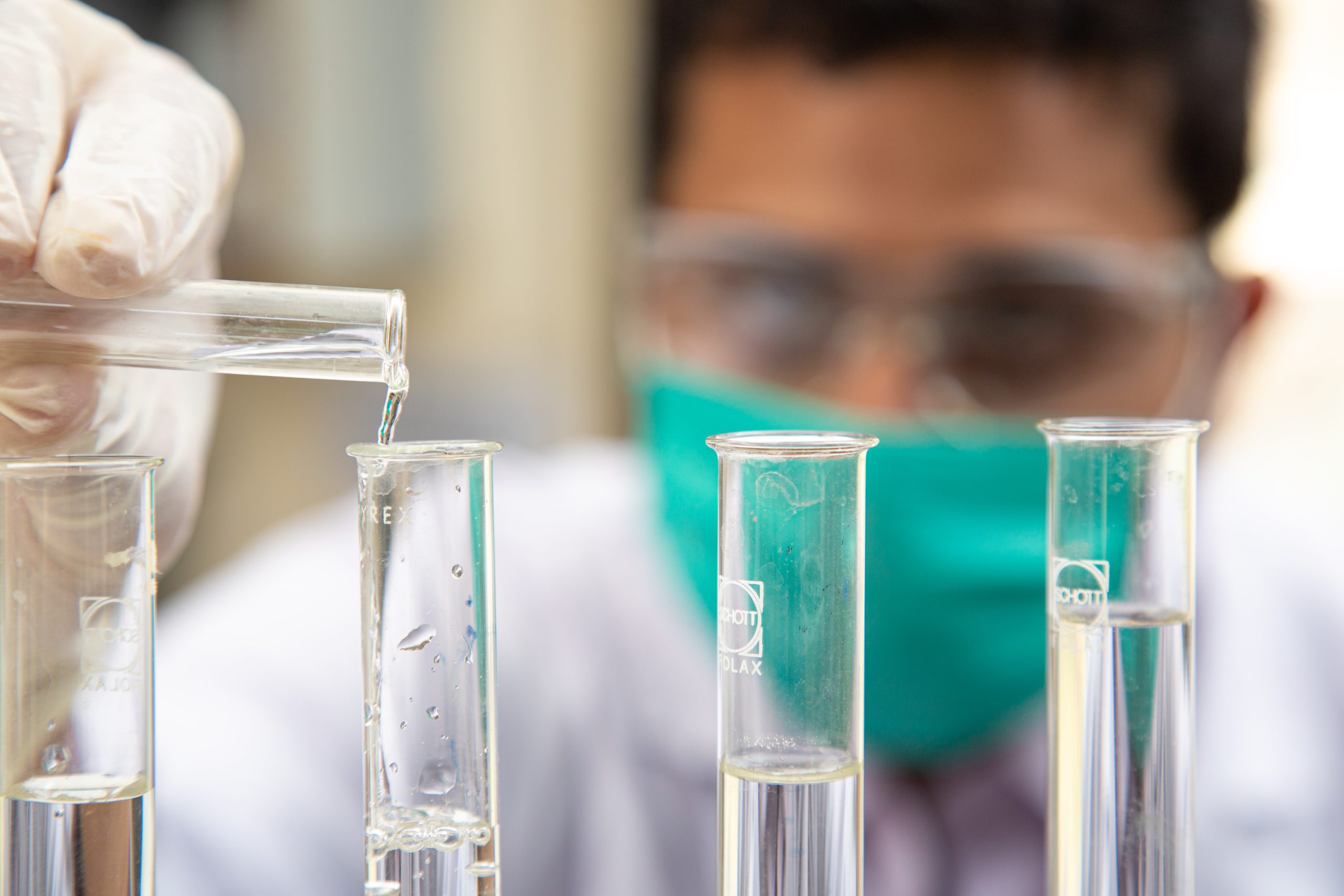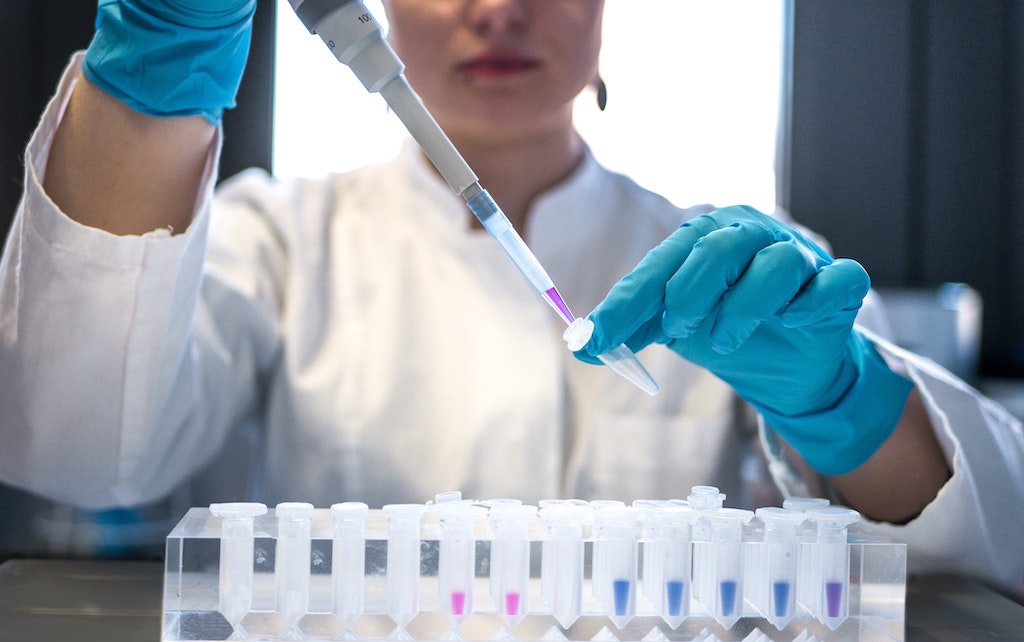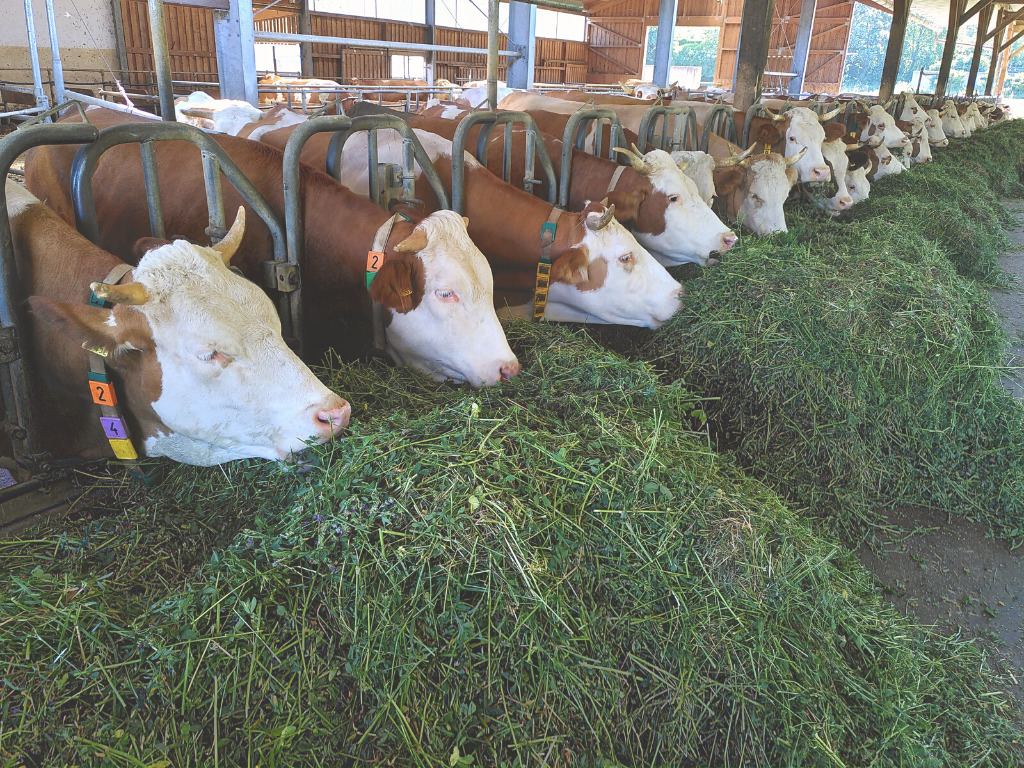
3 Mins Read
The Biden-Harris Administration revealed new priorities detailed in a report last week that will trigger actions to advance American biotechnology and biomanufacturing.
The move follows an Executive Order signed by President Biden last September aimed at advancing biotechnology and biomanufacturing innovation. The goals aim to enhance America’s bioeconomy, restore local supply chains, and support the country’s innovation ecosystem.
U.S. biomanufacturing
Biomanufacturing, the use of biological systems to produce goods and services at a commercial scale, the tech has the potential to unlock sustainable alternatives across industries such as plastics, fuels, and medicines, the White House said in a statement. These innovations hold potential for new solutions in health, climate change, energy, food security, agriculture, supply chain resilience, and national and economic security.
The White House Office of Science and Technology Policy (OSTP) detailed its plan in a new report outlining a vision for what is possible with biotechnology and biomanufacturing and the research and development needed. The report includes sections authored by federal departments and agencies that are responsive to the President’s E.O. on biotechnology and biomanufacturing R&D to further societal goals such as climate change solutions, food and agricultural innovation, supply chain resilience, human health, and crosscutting advances. These goals serve as a guide for public and private sector efforts to harness the full potential and power of biotechnology and biomanufacturing to develop innovative solutions in different sectors.

The Department of Defense’s (DoD) Biomanufacturing Strategy will guide investments in bioindustrial domestic manufacturing infrastructure to establish a domestic bioindustrial manufacturing base. The strategy includes three priorities: establishing customers that stand to benefit from early-stage innovations, advancing biomanufacturing capabilities through innovation, mapping and tracking the biomanufacturing ecosystem to support future efforts. DoD is issuing a formal request for information on biomanufactured products and process capabilities that could help address defense needs and whose development and commercialization could be addressed by DoD investment.
The Department of Commerce’s Bureau of Economic Analysis will assess the feasibility of economic contributions to the country’s bioeconomy, as called for in the President’s E.O. Other deliverables from the E.O. are also in development, including plans to expand training and education opportunities for the biotechnology and biomanufacturing workforce, a report on data needs for the bioeconomy, a national strategy for expanding domestic biomanufacturing capacity, actions to improve biotechnology regulation clarity and efficiency, and a plan for strengthening and innovating biosafety and biosecurity for the bioeconomy.
‘Accelerating the transition to a more sustainable and resilient food system’
Magi Richani, CEO of Nobell Foods, a biotech company making animal-free cheese, applauded the move in a statement shared to LinkedIn. “I can’t overstate the importance of this step in accelerating the transition to a more sustainable and resilient food system,” she wrote.
“Our global food system over the last few years has proven to be anything but resilient. And with the continued environmental degradation caused by industrial-scale animal agriculture, it’s not only refreshing, but critical to see the work we are doing prioritized as a key solution to building a more resilient food system, increasing consumer choice, and offsetting greenhouse gas emissions,” Richani said.

Richani pointed to animal agriculture, which contributes close to 31 percent of total U.S. methane emissions — a planet-heating gas more potent than CO2. But the reality is, she said, “no one will change their behavior fast enough to offset its impact. Most people are not going to eat less cheese or meat if it costs more or tastes less.”
The U.S. investment into biotech could help change that. “The bold goals and R&D needs outlined in this report serve as a guide for public and private sector efforts to harness the full potential and power of biotechnology and biomanufacturing to develop innovative solutions in different sectors, create jobs at home, build stronger supply chains, lower costs for families, and achieve our climate goals,” the White House said.
The post The White House Issues Guidelines to ‘Harness the Full Potential and Power of Biotechnology’ appeared first on Green Queen.